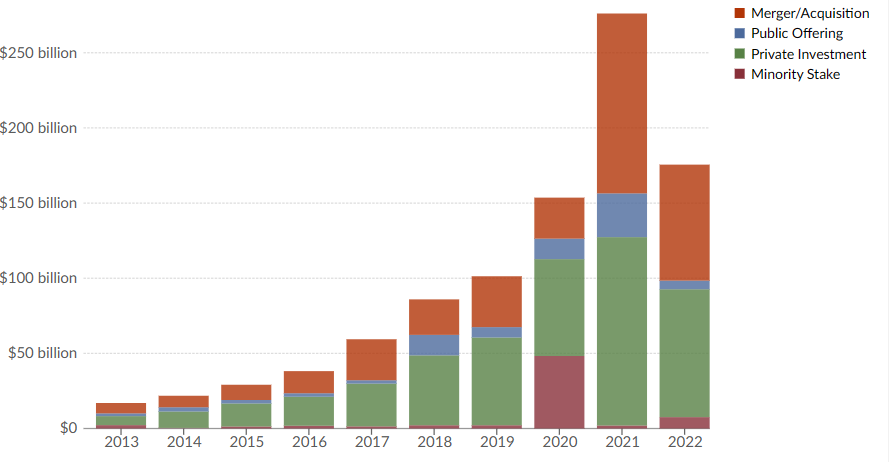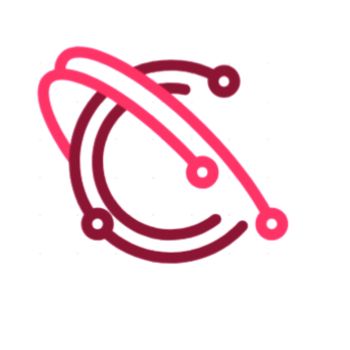Is human livelihood under attack by a tool we created ourselves? You will understand the answer by the end of this article. In a report by Pew Research, 62% of people asked believe artificial intelligence will have a major impact on jobholders overall in the next 20 years. Let us be honest about what comes next after our source of income is destroyed.
Humans have survived a pile of problems since the beginning of the world. From diseases, natural disasters, and conflicts. Our survival has been heavily linked to the major organ of the body, the brain. This is because we are one of the weakest creatures to exist physically.
Even a 2-month-old puppy can run faster than most 30-year-old adults. Dogs can smell better, and monkeys can climb better. The difference comes from how powerful our brains are. We remember, recognize the presence, predict the future, and most importantly, imagine.
Here comes AI, a tool that humans build that seems to imagine and create as humans. We can say that it lacks consciousness. But well, it performs things that can take hundreds of humans to do. If there is anything that dominates your superweapon, what is your chance of survival?
At this level, AI is equipped with terabytes of data about how humans behave, and it is getting better every day. You have seen preliminary models like Chat GPT, Gemini, Copilot, Bard, and so on. That can produce solutions to questions the way a human likes them. Even if the answers are not true.
Truth is a morally ethical thing, but humans are more likely to be presented with a nice-looking lie than a bad truth. And from my experience, AI is good at presenting answers well, even if they are not facts. So this shows that AI solutions are overly accepted by humans.
The invention of robots did not threaten us because robots produce expected results. And what happens if they can make their own decisions?
All intelligent tools that have been helping humans be better lacked the element of imagination. AI is now capable of unexpected results.
Human livelihood is based on good health, which is linked to the ability to have the necessary basic needs like food, water, shelter, etc. To acquire most of those resources, we have to be attached to an economic system, commonly a job.
What happens if humans have no jobs and then no ability to acquire survival tools?
If you have been amazed at how these generative AI models perform, Wait to see what is coming. An MIT professor, Daniela Rus, spoke on a TED show on the progress of integrating AI into the physical world. having a robot that does not only depend on given data but can also be aware of the physical world and act accordingly. That implies AI can do what humans can do.
Now every major corporation is catching up with AI. And has not in any way brought up purely good results. Massive employee layoffs by major companies are the result of the revolution.

What is bizarre is that the same companies laying off human labour are investing massively in AI. According to a report by “our world in data,” investments in AI will be between 150 and 250 million dollars by 2022.
The jobs that are most likely to survive are those that require consciousness and emotion.
For example, I can play FIFA on a game console, but you can’t change the feeling I have for human teams, like Manchester United, the team I support.
This is the only way to survive.
Who is more likely to be replaced?
First and foremost, jobs that deal with data can include getting information and analyzing the information. Jobs like customer service, data clerks, etc. AI is capable of analyzing difficult data in seconds that can take a human day to figure out; this is highlighted in research by the Pew Foundation.
I don’t buy the idea that AI will only complement workers and not replace them. As a writer and editor, I have seen tools that perform faster and more accurately than a human can.
Imagine: You are a photo editor who spends hours perfecting an image, versus someone who just writes a few sentences to produce the same or better image. The odds are unbelievably unfair.
In conclusion, AI is going to be to a certain extent the most destructive tool humans have ever invented. This does not mean it isn’t helpful in certain aspects.
What can we do to overcome the AI negative impacts?
Related topic:
What are your thoughts about the dominance of AI ?
How safe do you feel in your industry?








Leave a Reply